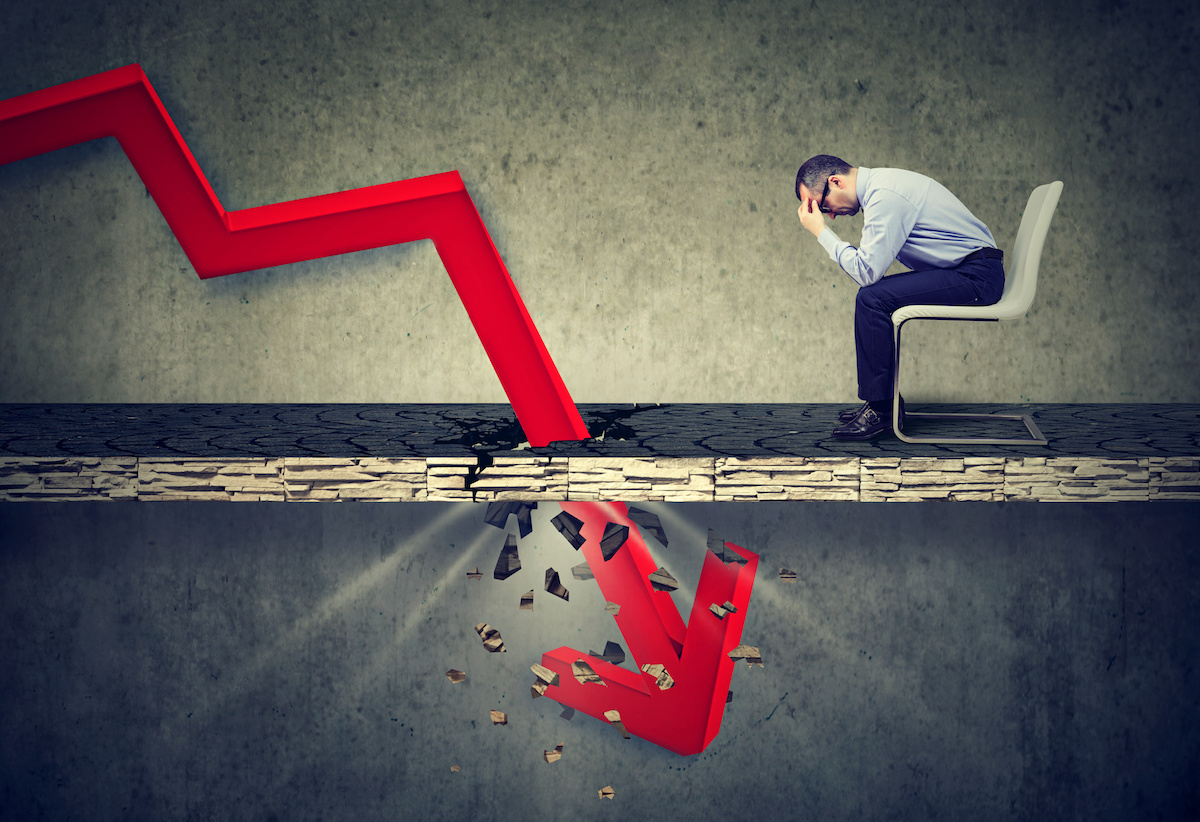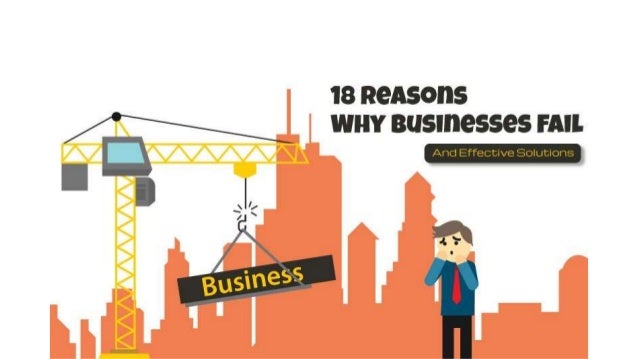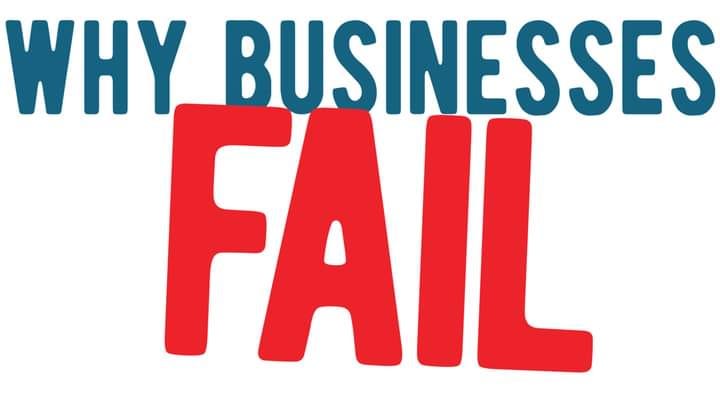What Happens When A Business Fails

The "Open" sign flickers its last, casting long shadows across the empty storefront. Dust motes dance in the fading light, undisturbed by the laughter and chatter that once filled the air. A lone chair sits askew, a silent witness to the dreams that once bloomed within these walls.
When a business closes its doors, the immediate impact is often keenly felt by the owners, employees, and loyal customers. However, the ripple effects extend far beyond the visible closure, impacting communities and economies in ways both tangible and intangible. The story of a business failure is a complex narrative of ambition, risk, and resilience.
For the entrepreneur, the failure of a business can be a deeply personal and painful experience. Years, often decades, of hard work, personal savings, and unwavering dedication culminate in a moment of reckoning. As the Small Business Administration (SBA) reports, a significant percentage of new businesses fail within their first few years, highlighting the inherent challenges of entrepreneurship.
Beyond the financial losses, entrepreneurs often grapple with feelings of disappointment, shame, and uncertainty about the future. It's a period of intense self-reflection, forcing them to confront not only what went wrong but also to learn from the experience.
The closure of a business invariably leads to job losses, impacting the livelihoods of employees and their families. The immediate concern for these individuals is finding new employment. This situation is especially difficult in smaller communities where job opportunities may be limited.
According to the Bureau of Labor Statistics (BLS), displacement rates following business closures can vary significantly depending on industry and region. The sudden loss of income and benefits can create considerable financial strain, affecting housing, healthcare, and overall well-being.
The impact extends beyond individual families. Local economies can suffer as a result of business failures. Reduced tax revenue impacts the ability of local governments to fund essential services. Empty storefronts can also diminish the vibrancy and appeal of a community, potentially discouraging new investment.
Small businesses often play a vital role in supporting local charities, schools, and community events. Their absence can leave a void in the social fabric of a neighborhood, particularly in areas where these businesses are deeply embedded in the community.
However, even in failure, there are valuable lessons to be learned and seeds of future success to be sown. The experience can provide invaluable insights into market dynamics, financial management, and the importance of adaptability.
Many successful entrepreneurs have faced setbacks early in their careers. They use these challenges as opportunities for growth. Failure becomes a catalyst for innovation and a testament to their resilience.
Support systems play a crucial role in helping entrepreneurs navigate the challenges of business failure. Mentorship programs, business incubators, and government assistance programs can provide guidance, resources, and emotional support during difficult times.
Organizations like the SBA offer various programs designed to help entrepreneurs recover from setbacks, including counseling, training, and access to capital. These resources can be instrumental in helping individuals rebuild their lives and potentially start new ventures.
The story of a failed business is not necessarily a story of defeat. It's a testament to the courage and willingness to take risks. It's an opportunity for reflection, learning, and growth.
While the immediate aftermath can be painful and disruptive, the resilience of the human spirit and the power of community often pave the way for new beginnings, fostering a renewed sense of hope and possibility in the face of adversity. The empty storefront might be a symbol of loss, but it's also a space where new dreams can take root.


.jpg)















